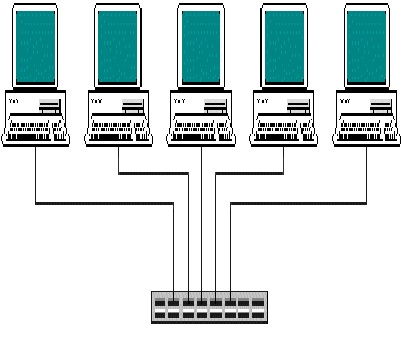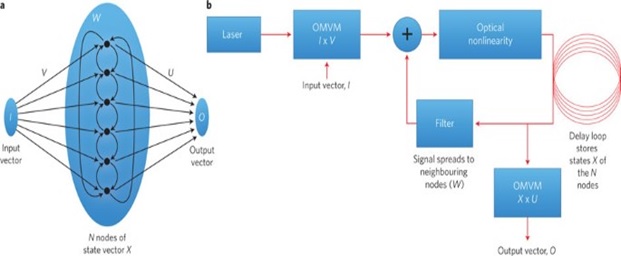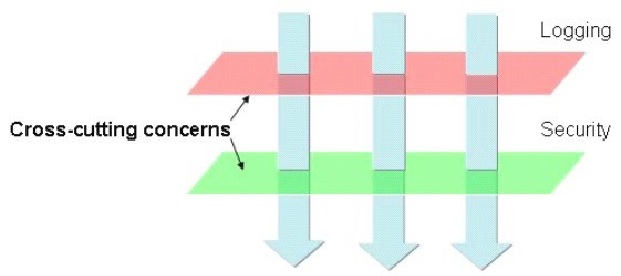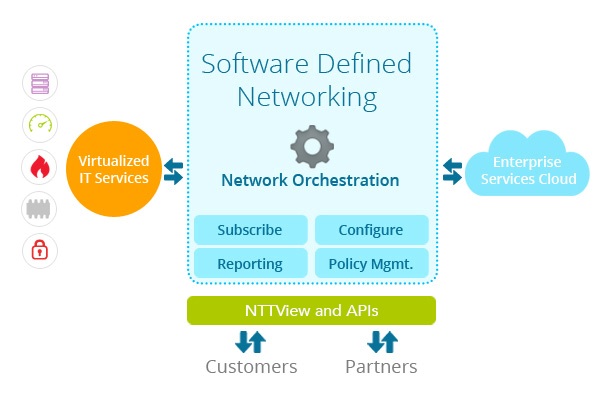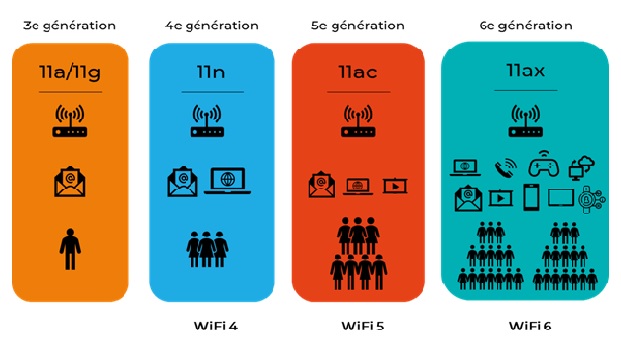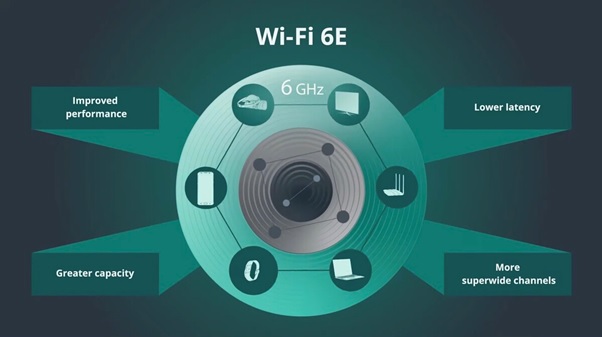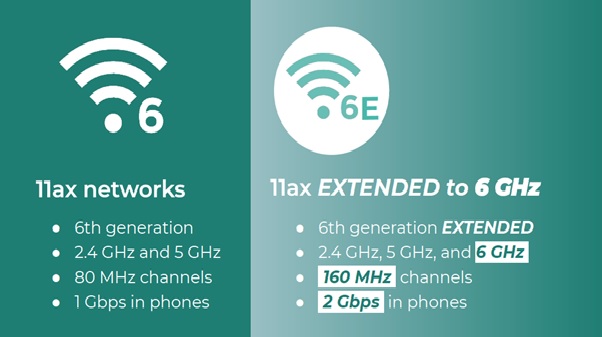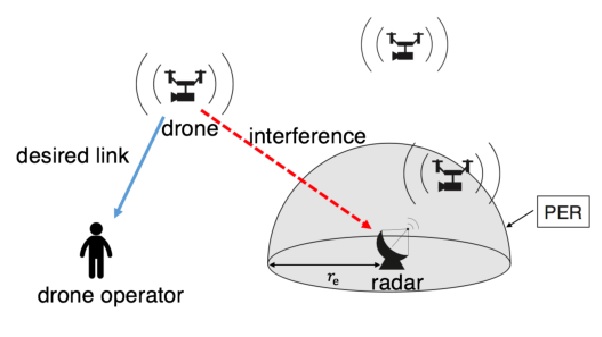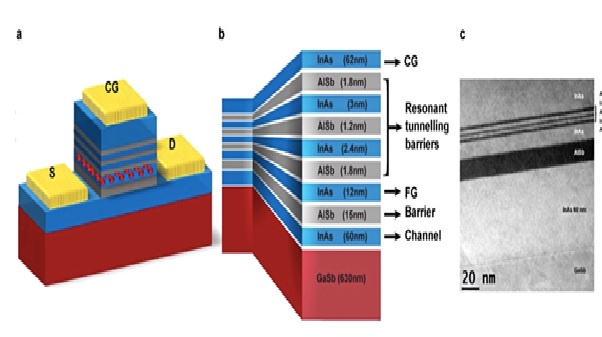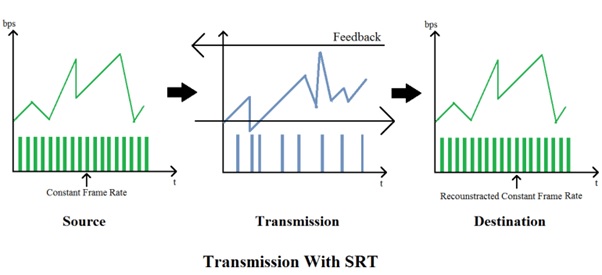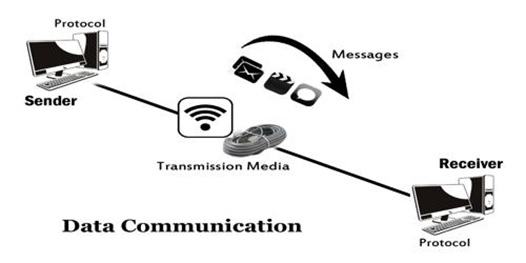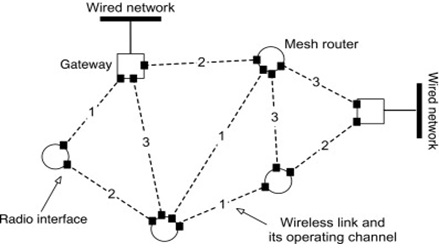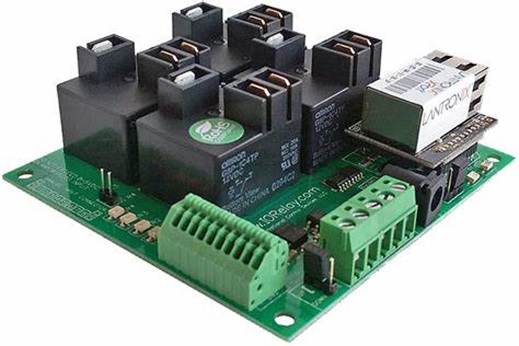Lynk and Turkcell Conduct Tests for Satellite-Based Direct-To-Device Connectivity
Satellite company Lynk Global announced the successful demonstration of its patented direct-to-device technology during tests in Türkiye, conducted in partnership with mobile network operator Turkcell.Turkcell, Türkiye’s largest mobile operator with over 40 million subscribers, signed an agreement with Lynk in February 2024 to collaborate on direct-to-device (D2C) connectivity. The partnership aims to enhance mobile coverage and strengthen network resilience.
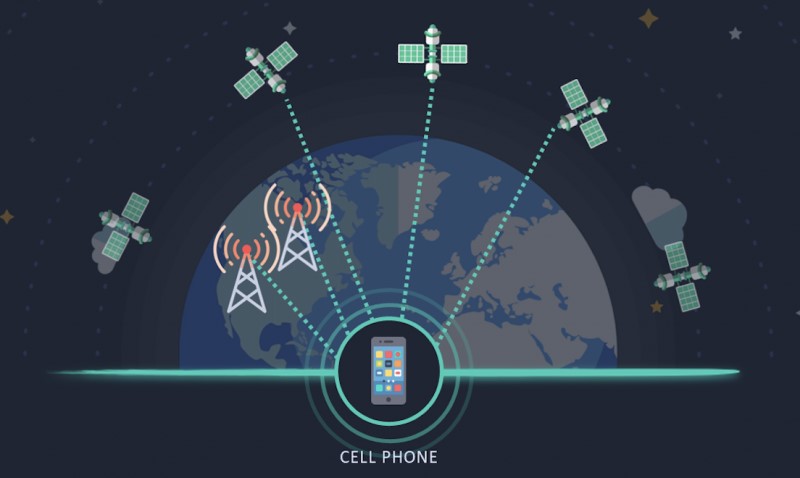
Figure 1.Satellite-Based Direct-To-Device Connectivity.
According to Lynk, the field tests for SMS, voice, and mobile data took place near Konya, Türkiye, in a rural area. Using Turkcell’s terrestrial spectrum and Lynk’s satellites, the tests successfully enabled seamless SMS exchanges and voice calls on standard mobile phones without the need for specialized devices or attachments.Figure 1 shows satellite-based direct-to-device connectivity.
Lynk CEO Ramu Potarazu emphasized the company’s commitment, alongside Turkcell, to improving connectivity in Türkiye’s rural regions, especially during emergencies when terrestrial networks may be temporarily unavailable [1]. Lynk has successfully tested its technology across all seven continents and has partnerships with 50 mobile network operators worldwide. The company also holds commercial contracts to provide services in approximately 60 countries.
Earlier this year, Lynk secured a partnership with satellite provider SES, in which SES agreed to contribute Series B funding to support the expansion of Lynk Global’s satellite constellation and provide integrated services to enhance network capabilities.
In September 2022, the Federal Communications Commission (FCC) granted Lynk approval to operate up to 10 low Earth orbit (LEO) satellites. These satellites enable connectivity for existing GSM and LTE devices outside the U.S. through partnerships with mobile network operators (MNOs) rather than direct-to-consumer services. Lynk has authorization to operate within frequency bands of 617-960 MHz (space-to-Earth transmissions) and 663-915 MHz (Earth-to-space), along with permissions for earth stations outside the U.S. and tracking and control at 20 GHz, 30 GHz, and the 2 GHz band.
The Lynk Global-Turkcell announcement comes as Verizon recently revealed that it has started rolling out software updates to select Samsung Galaxy S25 and Google Pixel 9 smartphones, enabling Non-Terrestrial Network (NTN) direct-to-device (D2C) texting via NTN provider Skylo.
Additionally, Charter and Comcast, which offer wireless services through Spectrum Mobile and Xfinity Mobile mobile virtual network operators (MVNOs) on Verizon’s network, have introduced satellite-based emergency messaging in partnership with Skylo [2]. “The availability of satellite backup service provides Spectrum Mobile customers with peace of mind, ensuring they can stay connected even in remote locations,” said Danny Bowman, Charter’s EVP of Product. “We are delivering cutting-edge technology that empowers our customers with confidence, knowing their communication needs are always met, no matter where they are.”
Reference:
- https://www.rcrwireless.com/20250325/network-infrastructure/lynk-global
- https://lynk.world/news/
Cite this article:
Keerthana S (2025), Lynk and Turkcell Conduct Tests for Satellite-Based Direct-To-Device Connectivity, AnaTechMaz, pp. 151


